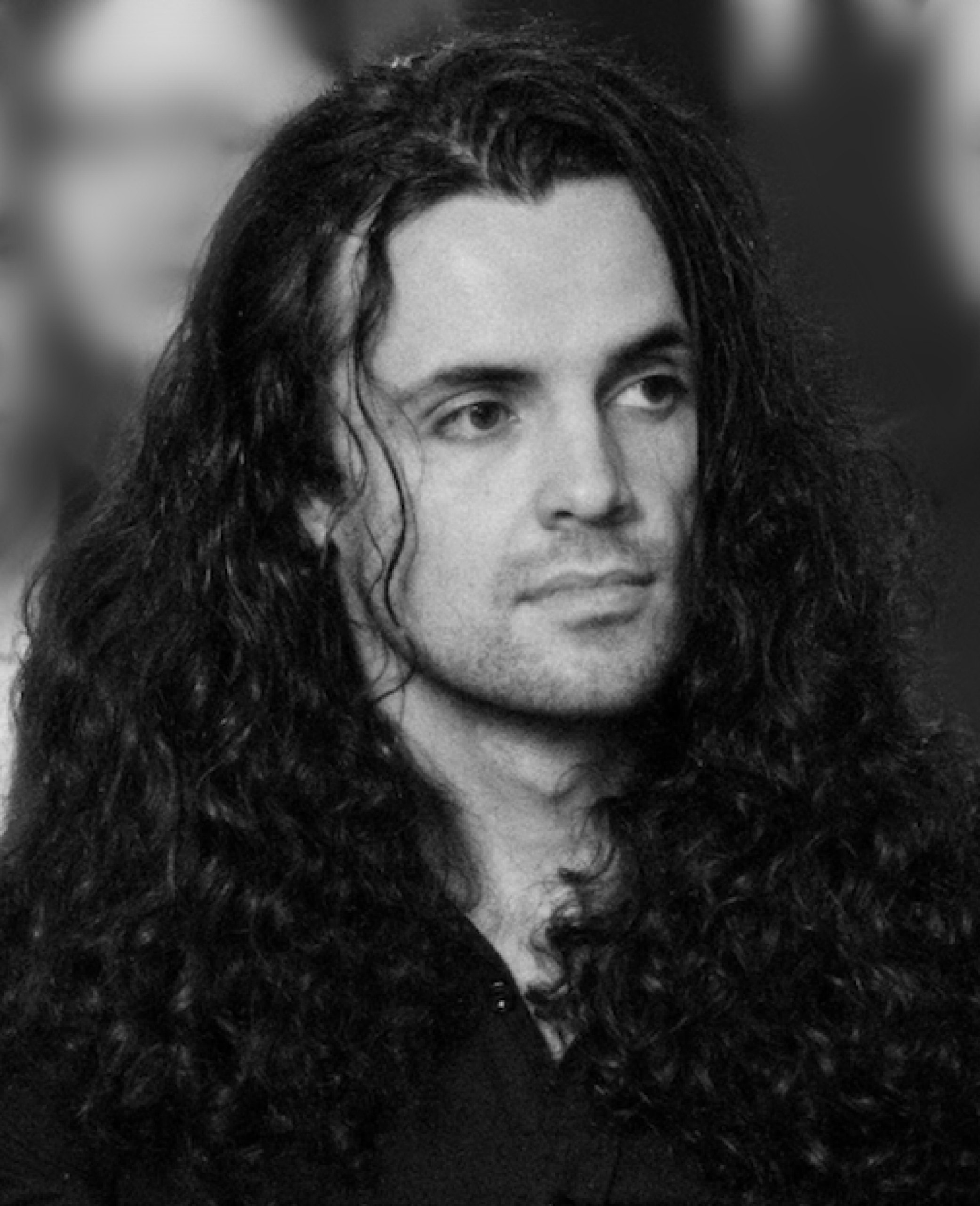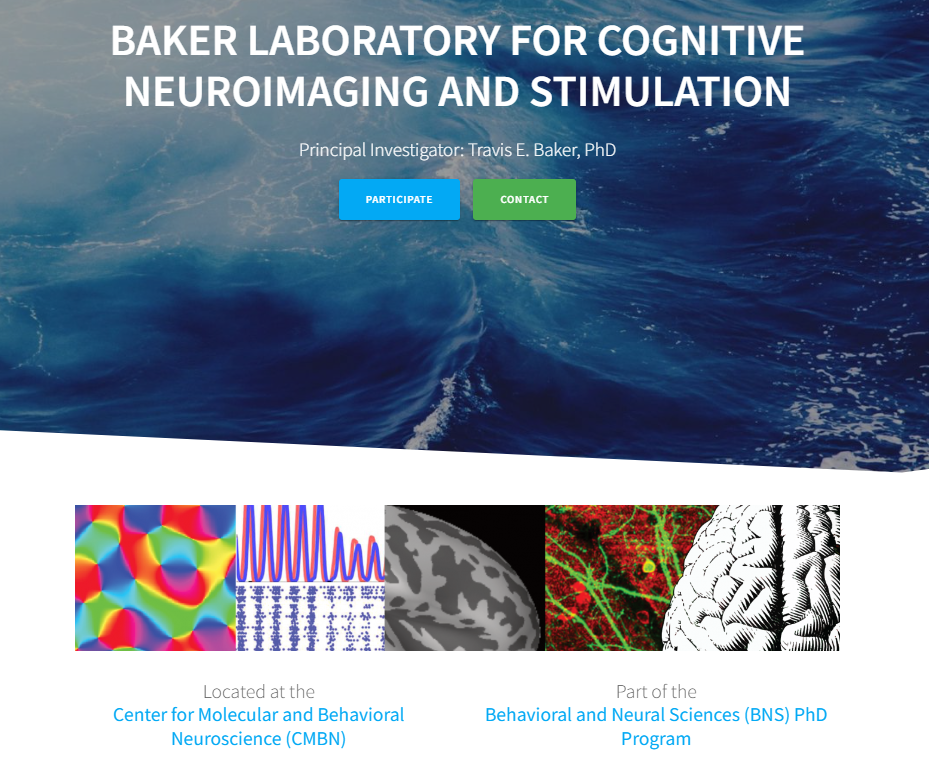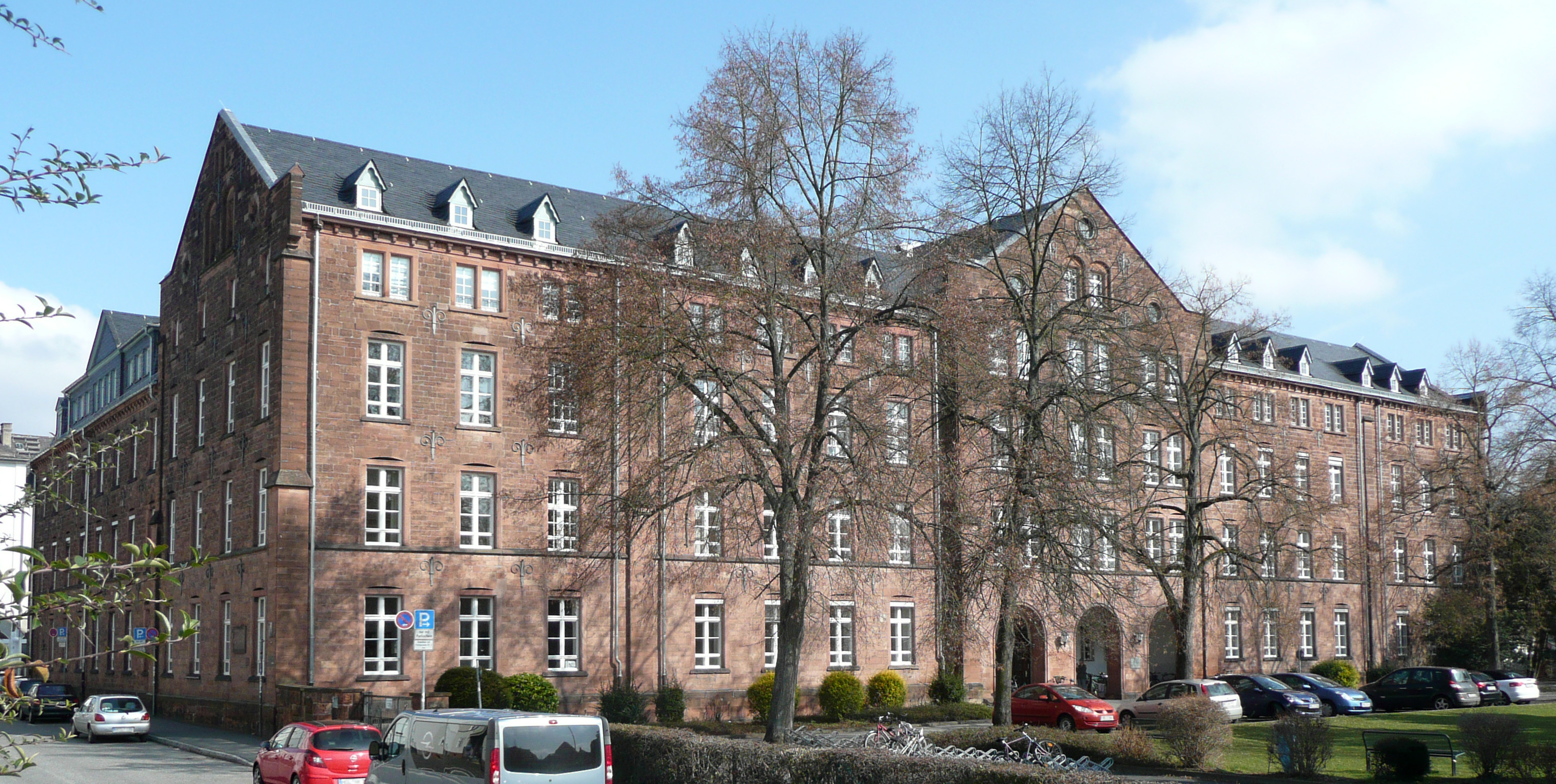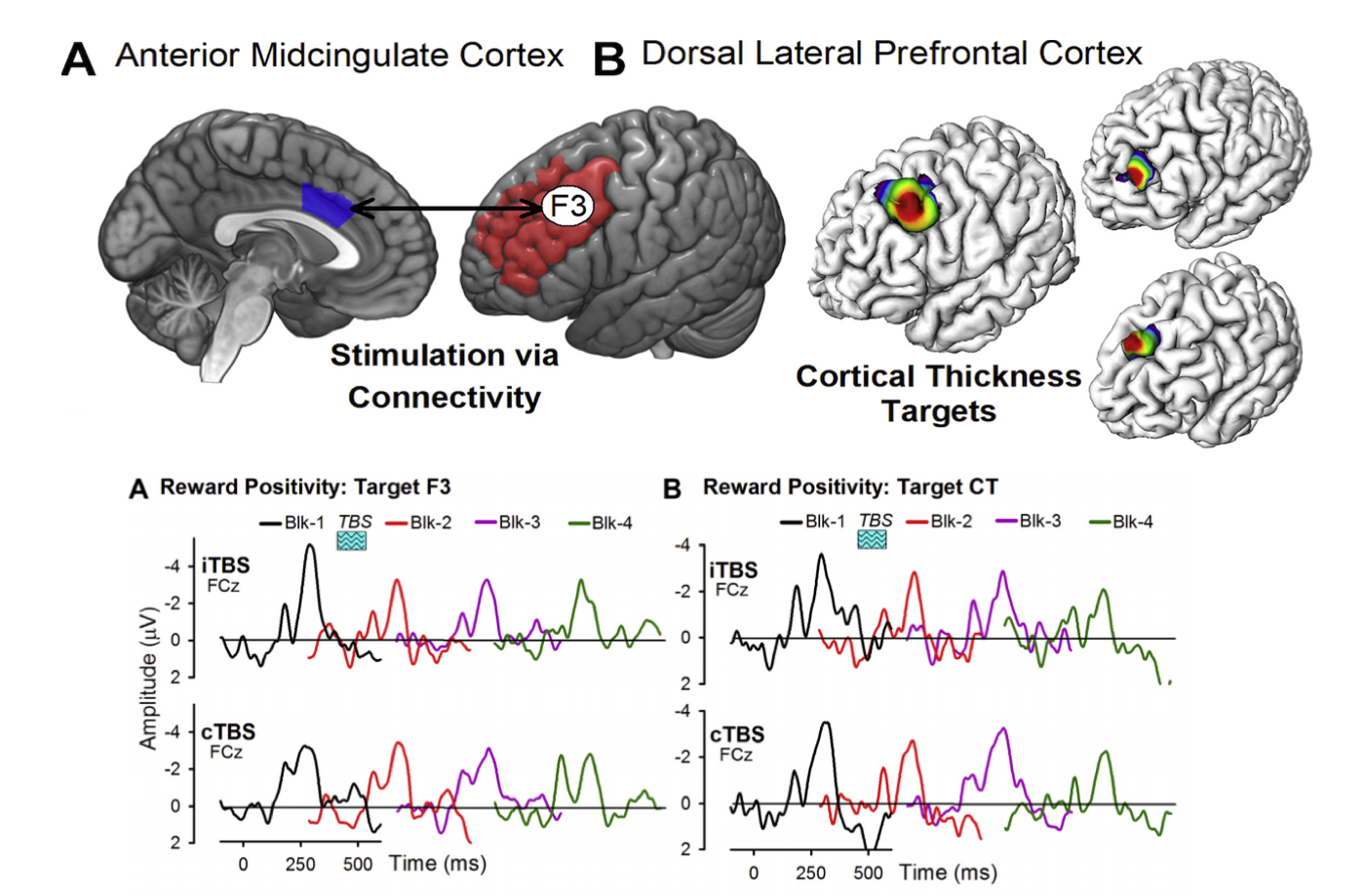
Malte R. Güth
PhD student
Center for Molecular and Behavioral Neuroscience, Rutgers University Newark
My name is Malte Güth. I'm a writer and a fifth year PhD student in the Behavioral and Neural Sciences program at the Center for Molecular and Behavioral Neuroscience at Rutgers University Newark (NJ, USA).
My research is focused on multimodal imaging of theta oscillations underlying spatial memory and developing a novel real-time closed-loop EEG-TMS system for instantaneous stimulation time-locked to EEG ampltiude, phase, and frequency. In my writing I currently focus on popular science and self help books presenting psychological research to an audience without a scientific background.Interests
- Spatial navigation
- Closed-loop EEG-TMS
- Memory disorders (Alzheimer's disease, dementia, TBI)
- Addiction
- Emotion regulation
- Open & reproducible science
Methods
- Electroencephalography (EEG)
- Magnetoencephalography (MEG)
- Magnetic Resonance Imaging (MRI)
- Simultaneous EEG-fMRI
- Transcranial Magnetic Stimulation (TMS)
- Diffusion Weighted Imaging (DWI)
- Near-Infrared Spectroscopy (NIRS)
Education
-
M.Sc. in Psychology (focus on Clinical Psychology and Psychotherapy), 2018
Philipps-Universität Marburg (Germany)
-
B.Sc. in Psychology, 2017
Philipps-Universität Marburg (Germany)









